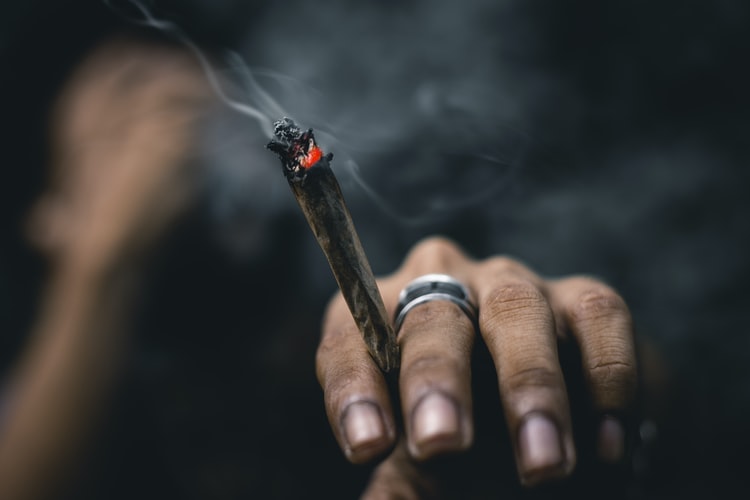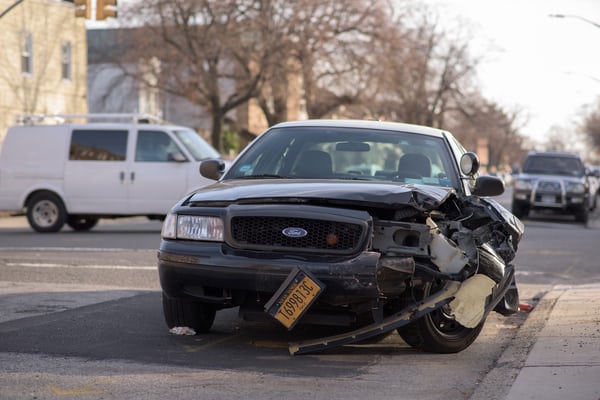In November, 2020, Taiwanese police tracked down a marijuana factory and seized cannabis worth over NT$ 200 million – around US$ 7.16 million.
At the same time, the United States held an election along with a largely ignored referendum, voting on issues relating to marijuana.
As the results came out, states such as New Jersey passed laws of legalizing recreational marijuana, and Ohio decriminalized all kinds of drugs, including marijuana.
There are now a total of 15 states with legalized recreational marijuana use, and 20 states allowing medical usage in the US.

Many supporters such as celebrities R-chord, Jin-yang, and lawyer Lee Ching-chi have all expressed their own opinions about the legalization of marijuana in Taiwan.
Taiwan is currently a huge transportation hub for marijuana and other drugs passing through East Asia, and its legalization will bring significant tax revenues to Taiwan – if ever passed.
Nevertheless, there are still many concerns about marijuana and the influences it will cause, and thus it currently seems impossible for Taiwan to legalize marijuana – at least not now.
Marijuana itself has a potential problem in that the general public don’t really believe that it is as safe as its supporters claim.
According to the US National Library of Medicine, there are 483 “known” compounds in cannabis now, which means there are more ingredients in marijuana that are unknown, leaving the public with a huge degree of insecurity.
For individuals, marijuana also causes some health issues that will probably raise more concerns about the legalization of cannabis in the country.
Although it has been proven that marijuana is less additive than alcohol and cigarettes, it can still trigger mental problems when used long term.

Based on research, marijuana also causes damage to the white matter of the brain, which is the main area we use when sharing the signals transmitted by neurons.
The destruction of this ‘material’ will lead people, especially younger individuals under 25 years of age, to have memory loss, problems in communication, and to be emotionally unstable, etc.
The usage of marijuana will also lead to many social problems.
Many enthusiasts claim that marijuana is less additive and harmful for the human body, and use these claims as reasons to persuade the public and governments that if alcohol and cigarette can be legalized, why not marijuana?
However, acknowledging that we already have alcohol and cigarettes for recreation, we also know they have brought with them health and social issues.
For example, drink-driving has claimed many lives in Taiwan. At time of writing, 339 people have been hurt or killed by people driving drunk – this year!
When adding additional ‘drugs’ such as cannabis to the mix, it will bring with it many more problems.
Canada, a country that legalized cannabis in 2018, has seen an increase of 7% in car accidents because of “drug-driving”.
In addition, law-making institutions are having trouble dealing with different regulations in every state over the Pacific, causing societal chaos.
If it is legalized in Taiwan, the central government and local governments will debate such issues which will eventually result in disharmony in Taiwanese society as well.
Cultural differences are something that we should not ignore, too.
In countries like Canada, and the United States, it is simple to get marijuana on the streets, and in stores, although it is largely illegal.
Additionally, it is normal to see teenagers use it at the parties, and celebrations, etc.
In contrast, in Taiwan or with people from Chinese cultural backgrounds, marijuana is not something we use in our daily life.
As such, the legalization of marijuana is not necessary for most people.
Although there are more and more countries legalizing marijuana now, it is still too early for Taiwan to discuss such issues since we do not have such a cultural background, and marijuana has so many uncertainties that remain unknown.













Comments are closed.